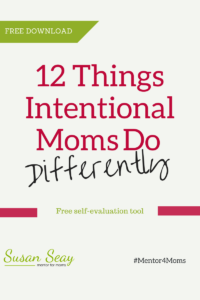Does this sound familiar?
Shaunti Feldhahn, a bestselling author, wrote a book entitled “For Women Only”. In her book she discusses the stereotypical argument when a couple is lost. The wife suggests the husband ask for directions. Immediately he gets defensive. The wife tries harder to help him by pointing out all of the people and places he could stop and get directions.
He only fumes more with each “suggestion”. She can’t understand why he’s not asking somebody, anybody for help, and he just wants her to trust him while he figures it out. Interestingly the wife doesn’t think this is a matter of trust, it’s a matter of being lost. Round and round they go, until hopefully they find their destination.
So, what’s really going on?
Shaunti reveals that men believe that when their wife “suggests” they ask for help, what their wives are really saying is, “you can’t do this, but he can, or she can, or anybody can, but you. So, just ask them, because you are just not capable”. Whereas women don’t internalize this at all.
Typically women problem solve out loud. We think, share, and process information out loud. So to stop and ask directions is a part of the problem solving process and is in no way a reflection on our intelligence or ability in any way.
In this example, the couple argued over directions, but the real conflict was a deeper issue. And that is true for all conflict. Arguments all have fruit, but it’s not settled until we deal with the root. So if you are experiencing conflict with anyone – your husband, child, neighbor, friend, the only way to settle the issue is to deal with the root and resist the distracting fruit.
Get to the heart of the matter. Determine to uncover the hidden fear that is working behind the scenes.
Stop! Look! And Listen!
Do you remember being told that in elementary school? It was a reminder taught to all children as a caution when crossing railroad tracks. To prevent accidents they encouraged everyone to stop before crossing, look both ways, and listen for a train.
Who knew that this would also help us deal with conflict in the home. There are 3 fundamental needs we all share and when they are violated in some way, it is like a train wreck. It’s better to prevent the accident in the first place, than to have to clean up the aftermath of an unfortunate collision.
3 Basic Needs we all share:
- We need to know that we are loved and accepted without strings
- We need to know that we are valuable, important and capable
- We need to know that we are not alone to face life
It’s a powerful moment when we deal with the root of conflict.
What about you? Do you find yourself dealing with the fruit instead of the root of conflict?







